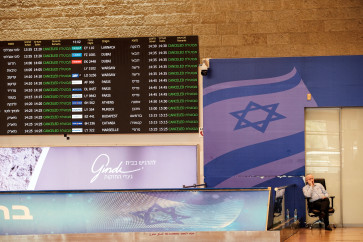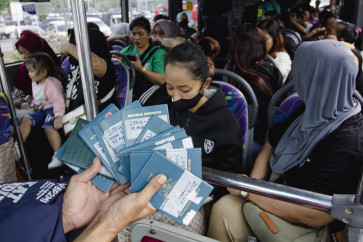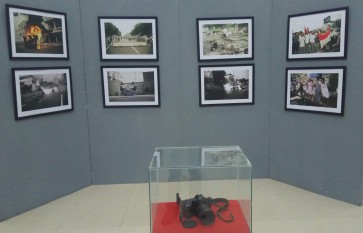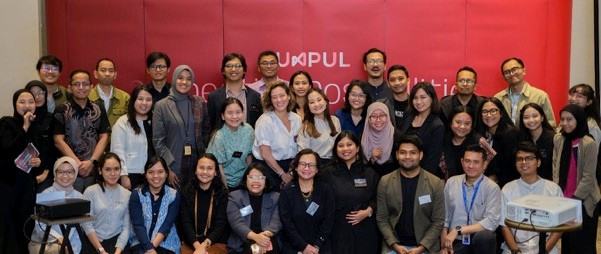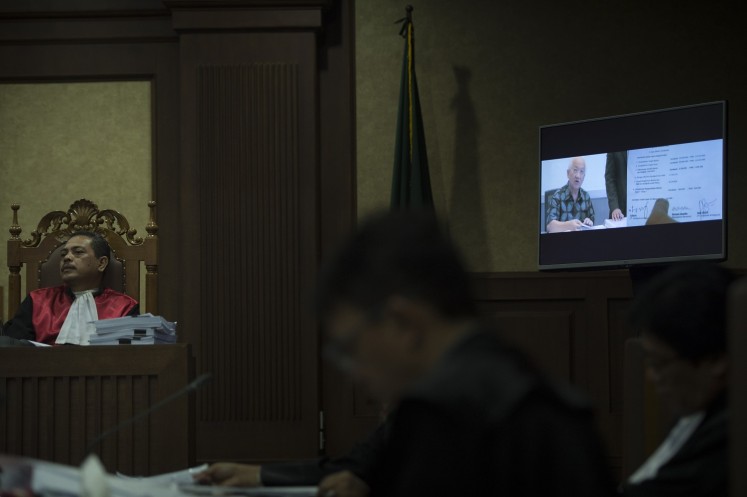Popular Reads
Top Results
Can't find what you're looking for?
View all search resultsPopular Reads
Top Results
Can't find what you're looking for?
View all search resultsDecentralization of CBD can affect employee’s performance, and it will
Change text size
Gift Premium Articles
to Anyone
 GoWork Millennium Centennial Center, Sudirman
GoWork Millennium Centennial Center, Sudirman
W
e can easily stick a pin on a map of Jakarta to locate where most business took place in the mid-2010s: the Senayan Central Business District and the surrounding area.
Though the market actually moves along the length of Jl. Sudirman, extending a few kilometers north toward the Hotel Indonesia traffic circle.
However, today it is a little more saturated. When talking about Jakarta’s central business district (CBD), we could easily argue for Slipi, Kemang or the Fatmawati area. Businesses have spilled out of the now dense “Golden Triangle” of the city. Stately mixed-use commercial buildings can be found as far as Pantai Indah Kapuk to the North, and Jl. TB Simatupang to the south.
The CBD is not defined by how tall the buildings are, or even what type of businesses are in the area. It’s more of a combination of both: The CBD is an integrated, mixed-use area of land that is often leased to office towers and retail centers.
It is, however, not always synonymous with the city center. Paris, for example, has its CBD located kilometers away from the city center due to zoning laws.
The CBD, often synonymous with “financial district” or “downtown” in larger cities, is an area in the city zoned to house office buildings.
The zoning laws in these districts are often not as restricted, allowing office towers that maximize land use in this limited area. These zones are often ringed by residential neighborhoods, allowing a more centralized approach for cities to integrate and focus their transportation and infrastructure.
The surge, due to the finite CBD space available in the eponymous district in Sudirman, along with the slow decline in convenience of access to the area, is changing the landscape of the city as a whole.
Jakarta’s “new” CBD areas are appearing in areas that were previously residential. Traffic slowly creates rifts of inconvenience between major districts, creating a pseudo-polycentric state in Jakarta. These new centers, such as the renowned “Slipicon Valley” often house up-and-coming businesses, especially technology and fintech companies.
These companies are startups that look for areas with lower rent and better accessibility for their employees.
Suburban areas are gradually gentrified, paving the way for office buildings that tower above shopping malls in the middle of residential areas. Superblocks are built to house lifestyle centers, residential buildings and office towers. Podomoro City, for example, is a project that makes the Grogol area desirable for companies looking to house their HQ in West Jakarta.
There is also a shift in the trend where companies select a non-standard location to move their headquarters to. Ride-hailing company Gojek has chosen to locate its green, industrial HQ in Pasaraya Blok M, taking over part of the renowned shopping mall and turning it into an office with character. The company’s logo is visible from hundreds of meters away, and the fact that it is not placed on an office building adds to its character.
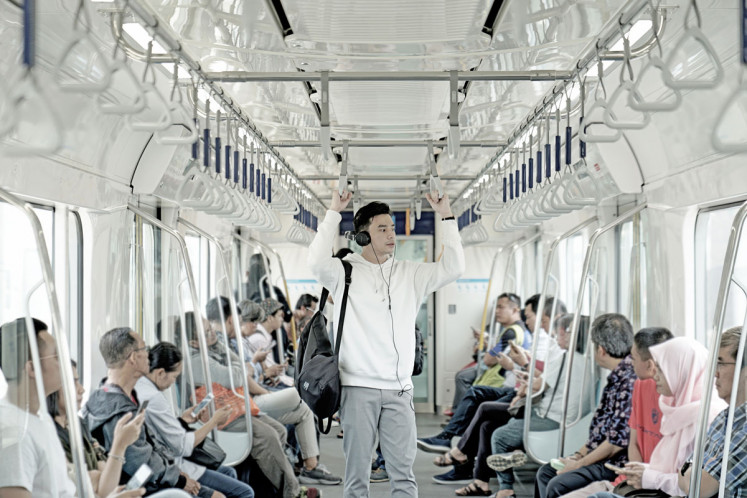
The advent of the Jakarta MRT line opened the opportunity for suburban areas to have office towers built in them.
Now, office buildings tower over homes in Lebak Bulus, and shared office hubs have begun to appear along the MRT line, especially in Fatmawati, an area previously known to be strictly residential.
In Japan, the fundamental characteristic of central city urban development revolves around the concept of transit-oriented development (TOD), and is almost exclusively rail-based. City centers spring up around train stations and spread radially from the stations outward to the surrounding suburbs.
The decentralization of CBD areas can affect employee’s productivity. When CBD-based companies with commuting employees are faced with this issue, they have a choice to make: either relent to the trend by relocating or fragmenting their office into remote, interconnected teams, or maintain their integrated position at the cost of their employees’ wellbeing.
When employees spend long hours commuting, the company risks increasing absenteeism by 16 percent, as found by a study from VU University in the Netherlands.
The same study suggests that employees are more likely to be late, and more inclined to leave early to avoid heavy traffic and overcrowded public transit.
This direct impact on employees’ productivity can affect their quality of life and relationships with other team members.
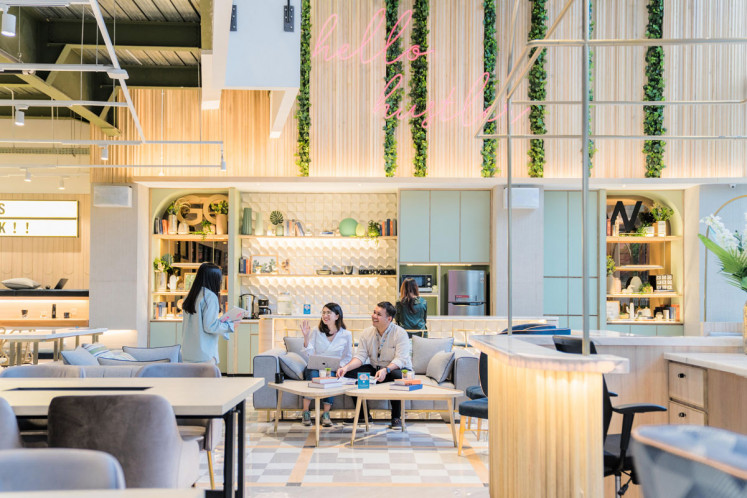
In the internet-laden era of Industry 4.0, distance is no longer a tough hurdle. With 5G connection and ubiquitous WiFi, teams can stay connected to each other through virtual conference rooms and online “Kanban Boards” (scheduling boxes, i.e. workflow manager apps).
To house teams like these, you will need workspaces that are readily available in the “new” CBDs around Jakarta, where you can house separate teams where the action is.
Such workspaces must be able to support the infrastructure to enable teams to remain connected and also conveniently located to maximize productivity.
GoWork provides flexible office solutions for companies that seek to move their HQ to a new location with inspiring and sleek office spaces in new CBDs located all over Jakarta.
Located in Fatmawati, Puri, Pantai Indah Kapuk and Kemang, GoWork has the initiative to seize the budding market in the area, and prepare an office space for companies from all industries to house their new team in move-in ready office spaces that are more than convenient, but also future-proof.
For more information about GoWork's flexible office suites and coworking spaces, visit go-work.com.

